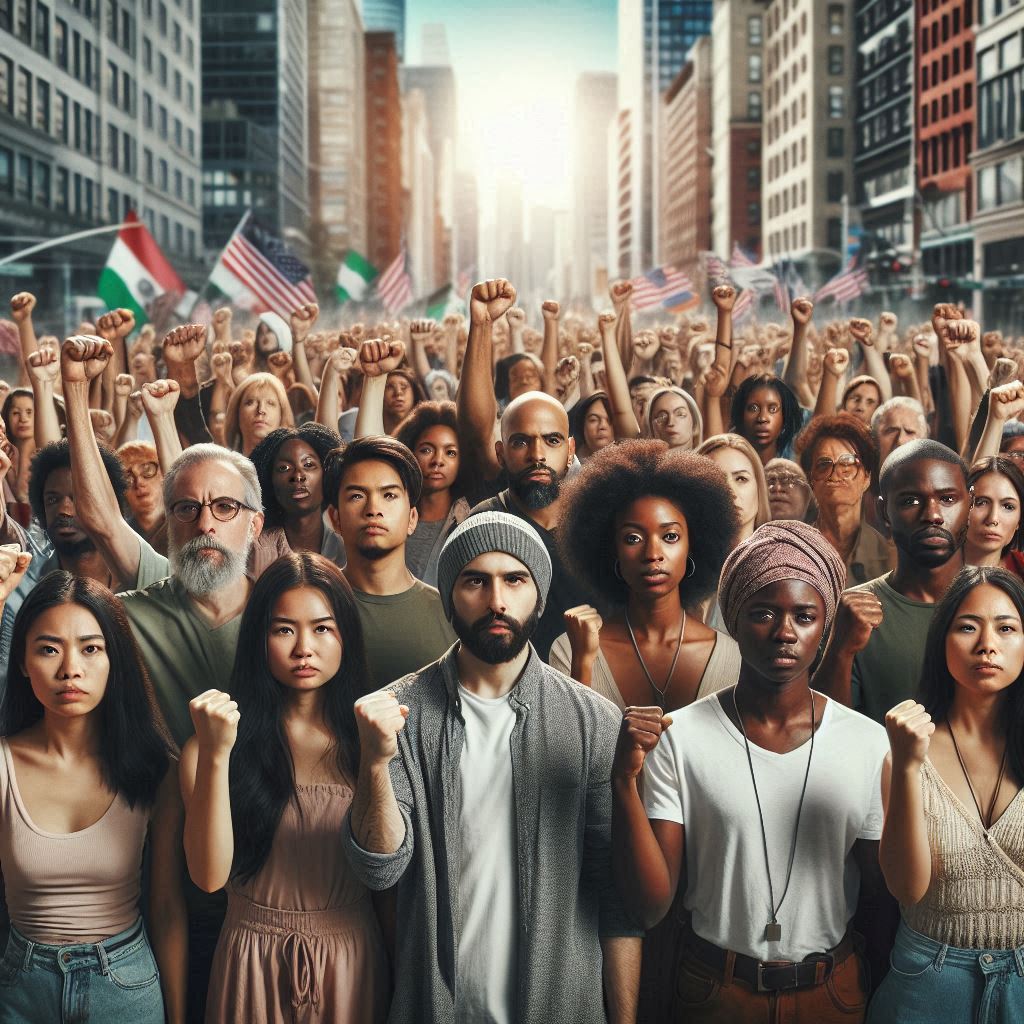 Confronting Cruelty in Leadership: A Call for Compassion and Strength
Confronting Cruelty in Leadership: A Call for Compassion and Strength
By Dr. Mark Smutny
In a just society, leadership should embody integrity, wisdom, and compassion. However, history reminds us that power often attracts those who wield it with cruelty—leaders who belittle the vulnerable, mock the disadvantaged, and foster division rather than unity. Such cruelty is not merely a failure of character but a deliberate strategy of control, designed to instill fear and silence opposition.
Public officials who engage in sarcasm and condescension reveal their fundamental weakness. They seek to dominate by belittling others, projecting strength to mask their own insecurities. But cruelty is not strength—it is cowardice disguised as authority.
The Many Faces of Cruelty
Cruelty manifests in numerous ways, often affecting the most vulnerable in society:
- The Rich Belittling the Poor: When wealth is used as a tool to demean, rather than uplift, it deepens social divisions and perpetuates inequality. Policies and attitudes that treat poverty as a personal failure rather than a systemic issue reinforce an unjust hierarchy.
- Racial Condescension: Some white individuals wield their privilege to patronize people of color, dismissing lived experiences or tokenizing diversity efforts rather than genuinely listening and collaborating.
- Ableism in Leadership: Mocking or disregarding those with disabilities fosters a culture of exclusion. True leadership ensures that all voices are heard and valued, regardless of physical or cognitive differences.
Such behaviors infuriate compassionate individuals who recognize that dignity and respect should be the foundation of human interaction. A society that tolerates cruelty will inevitably fracture under its weight.
The Response to Cruelty: Confrontation with Courage
The answer to cruelty is not passive acceptance but direct confrontation. Bullies thrive on silence. They rely on the notion that their cruelty will go unchallenged. But history offers countless examples of individuals and movements standing up to oppression:
- Civil Rights Activists confronted racial injustice with nonviolent resistance, proving that dignity triumphs over scorn.
- Disability Rights Advocates fought for accessibility and recognition, transforming public policy.
- Grassroots Movements worldwide resist economic exploitation, demanding fairness in labor and welfare policies.
When cruelty masquerades as leadership, it is the duty of compassionate individuals to call it out. Not with cynicism or rage, but with unwavering resolve and a commitment to justice. Bullies are weak when faced with solidarity. They retreat when challenged by a society unwilling to accept their cruelty.
Conclusion: Reclaiming Leadership
Ethical leadership requires empathy, accountability, and a dedication to the common good. Those who belittle others fail not only as leaders but as human beings. In the face of cruelty, we must embody strength—not the hollow strength of those who mock others, but the true strength of those who lift others up.
By standing together, confronting injustice, and refusing to be silenced, we can reclaim leadership as a force for dignity, compassion, and progress.
Contact:
Send me your thoughts about confronting cruelty with courage, justice and strength by emailing me at mark.smutny@civicreinventions.com
